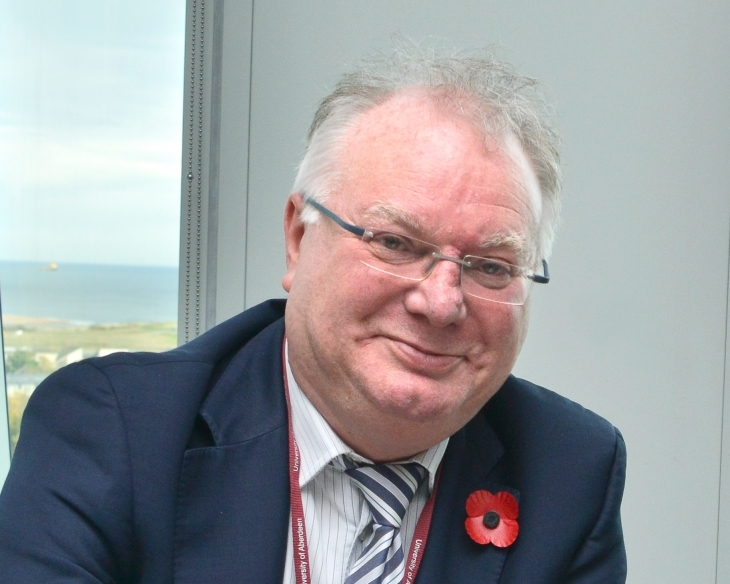Breast cancer patients face having to travel miles for treatment “for the foreseeable future” because of NHS Grampian staff shortages.
The Board’s annual performance review meeting was told the health worker recruitment crisis in the north-east appeared to be easing.
Chairman Stephen Logan said staffing levels overall were up, consultant vacancies halved and sick leave rates lower than anywhere in Scotland.
But he told a public meeting that some areas remained “vulnerable” to the inability to replace staff who left or were signed-off for long periods.
That includes breast cancer treatment because one surgeon is off sick and the recruitment of another is proving “challenging” – leaving only three full time equivalent staff.
Instead patients are being sent to hospitals in other parts of the country – including private facilities – for operations.
“We expect that performance may be impacted for the foreseeable future,” a report to the Board said.
Finance director Alan Gray suggested it would be at least six months before the service could be brought back up to standard.
Issues facing the board – which anticipates a £3.5 million annual overspend and an “extremely challenging” budget next year – were discussed as it approved a new two-year clinical strategy.
It calls for an increasing shift towards patients being taught to better manage their own conditions as the health service struggles to cope with the increasing demands of an ageing population.
Patients must be given “a more realistic expectation” of what they should expect of the NHS, it suggested.
Senior staff came under fire at a public question and answer session over the failure to improve early cancer detection rates – which remain well below the Scottish average despite efforts to improve them.
Medical Director Nick Fluck said he had been trying in vain since March to gather an expert panel to look into the situation as he faced claims there was “something fairly fundamentally wrong”.
The Scottish Government’s Detect Cancer Early programme, which targets breast, lung and colorectal cancer, aimed at getting a 25% early diagnosis rate for these three cancers by the end of 2015.
But while the rest of Scotland rose on average from 23.2% in 2010 to 25.1% last year, Grampian’s rate remained almost static at 20.2% – the lowest.
Mr Fluck said that while he could not “deny the figures” there were wide variations in performance across the country and interpreting the figures was very complex.
Professor Logan said: “We continue to work closely with the Scottish government to deliver the best level of service we can with the resources available.”
